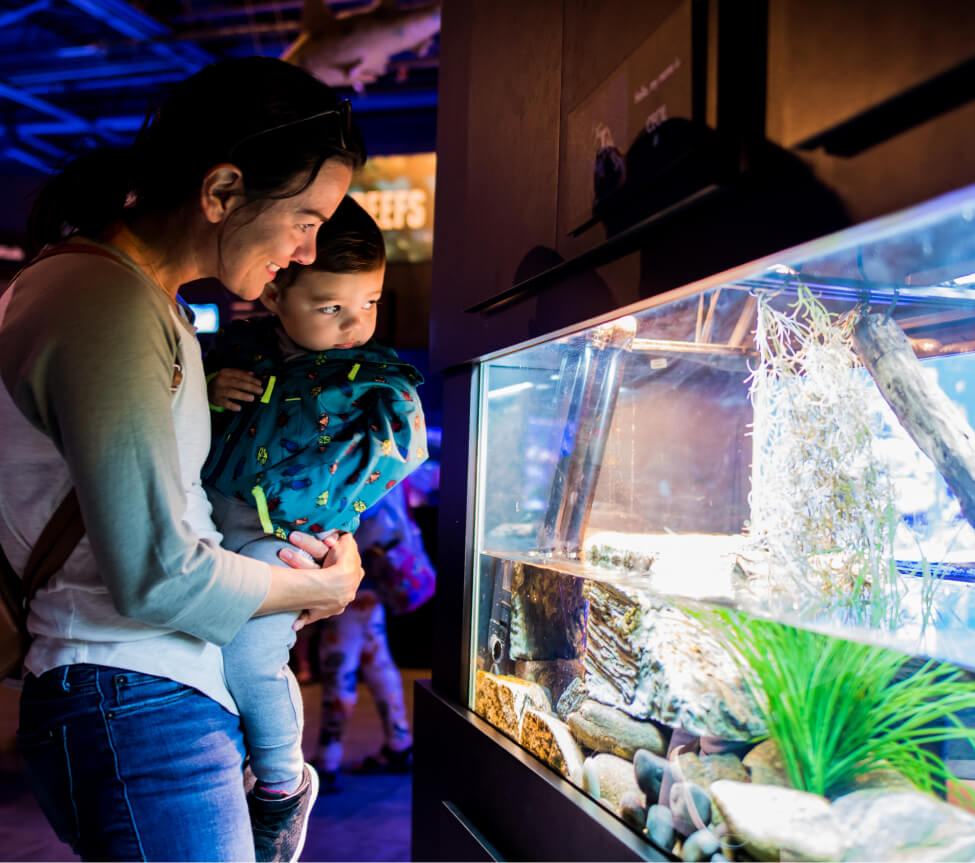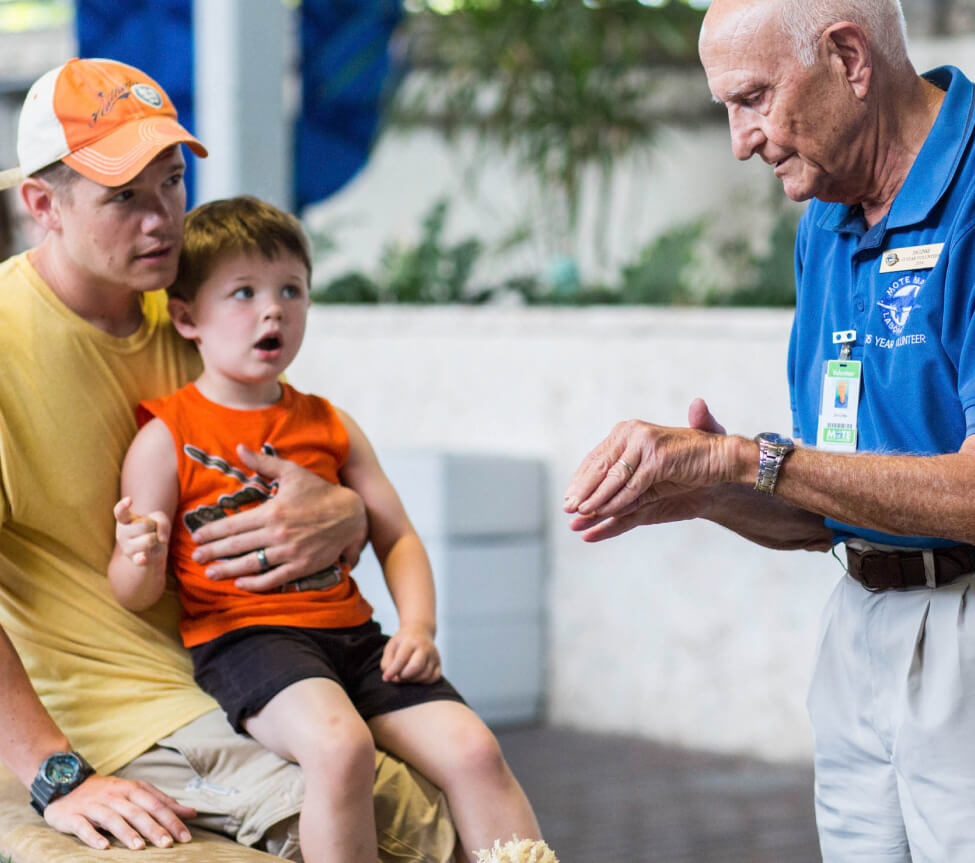Hang tight! This story’s on its way
Hi there! It seems the story you’re looking for hasn’t arrived on our new site just yet. We’re in the process of moving everything over, so it should be here soon.
In the meantime, feel free to explore the latest updates and news on our new site:
If you have any questions or need assistance, don’t hesitate to reach out. We’re happy to help!
Thanks for your patience and support during our transition!



